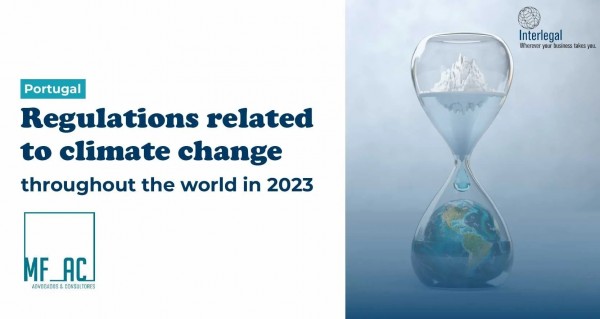The issue of adjusting to the impact of Climate Change is increasingly a priority of public policies on climate and Portugal is no exception. Portugal was among the first countries to issue a law establishing emission reduction targets and binding the government to climate action measures. In 2010, Portugal was one of the pioneers in Europe, in the adoption of the National Strategy for Adaptation to Climate Change, later revised, and the National Strategy for Adaptation to Climate Change 2020 (ENAAC 2020) was approved in 2015. This strategy is guided by three main objectives: improve the level of knowledge on climate change; implement adaptation measures; and promote the integration of adaptation in sectoral policies. In 2020 the ENNAC 2020 was extended till 2025 within the framework of the Nacional Plan on Energy and Climate 2030 (PNEC 2030). Portugal recognized the climate emergency and to act on this situation also approved the Climate Framework Law on 31 December 2021, which came into force about a year ago, in February 2022. This Climate Framework Law has reinforced other regulations created in previous years and recently the government announced the drafting of a new National Defense Strategy for the Environment and the allocation of public investment in 2.5% of the State Budget for 2023 dedicated to climate action. There is still a great deal of work to be done, but the climatic awareness has been awakened and Portugal is on the right track.
While there is still much work to be done, Portugal’s heightened climatic awareness and commitment to environmental sustainability indicate that the nation is on the right path towards a more resilient and sustainable future. Dr. Falcão’s insights provide valuable perspectives on Portugal’s progress and serve as a reminder of the ongoing importance of climate action in the face of global challenges.
